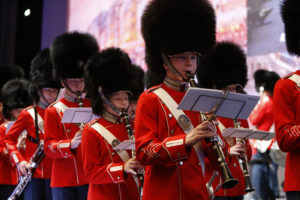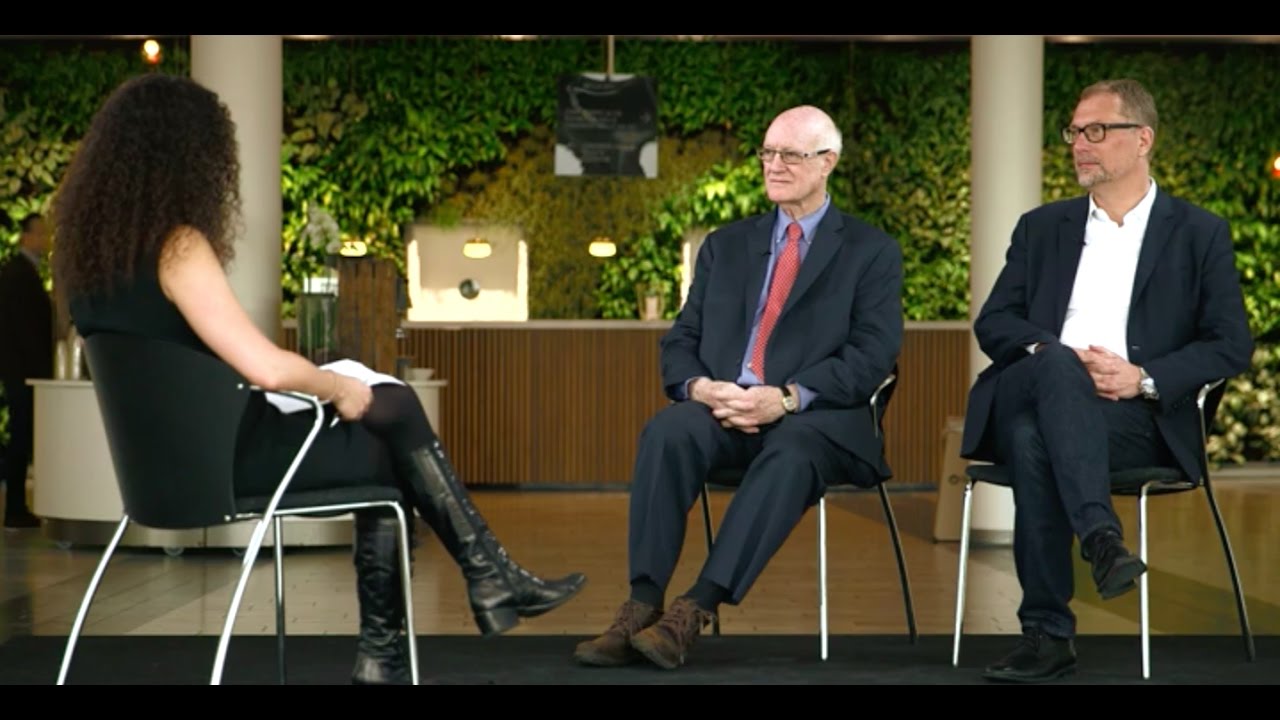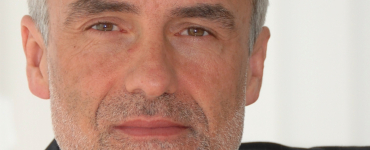ICANN continues work after the IANA transition
With precisely 2,086 participants, the 58th ICANN meeting took place in Copenhagen last week. Now, around six months ago, the IANA transition was completed. However, ICANN have not yet been able to return to “business as usual”, but there was again more room for other topics on the agenda.

Data protection
A hotly debated topic was the question of how data protection will be handled in the future. On 5 May 2018, the new EU General Data Protection Regulation (GDPR) will enter into force for 28 EU Member States. The new regulation calls for comprehensive changes by domain providers, not only for European companies, but also for providers outside of the EU that wanting to provide services for their European costumers.


In collaboration with the geoTLD.group, the eco Association is actively working together with ICANN on a joint solution regarding, for example, the guidelines for Internet governance for WHOIS, but also on such flanking topics such as data retention and data escrow, in timely accordance with the GDPR. If you would like to join this initiative, please get in touch with the eco Names & Number Forum (numbers@eco.de).
IANA Transition and Follow-Up
ICANN and the Community were still working on the IANA transition in Copenhagen. The various sections of the Community explored how they can fill their new roles within the so-called Empowered Community, which now has „Community Powers“.


The “Cross Community Working Group on Enhancing ICANN Accountability” met for the whole day, with Thomas Rickert as Co-Chair, to continue the work on accountability topics which could not be completed before the IANA Stewardship Transition. The topics included transparency at ICANN, human rights, the role of the Ombudsman, and specific questions of jurisdiction.
The day concluded with a panel, which included Thomas Rickert, on shaping the newly created Accountability & Transparency Review Team (ATRT 3) which will be active in the ongoing work as part of Work Stream 2.
New Top-Level Domains
This time there was more room for the discussion on when the next round for further new top-level domains should take place. ICANN-Chair Stephen Crocker was reticent about the timeframe in the first Public Forum: “It isn’t a hundred percent clear exactly what needs to be done, so it’s a little bit worse than here’s the list and we will do that and we are on our way”.


Regardless, it is clear to all that something needs to happen here. The Cross-Community Working Group on new gTLD Auction Proceeds continued work on a proposal on what is to happen with the auction proceeds of NTLDs. The Working Group will, however, not make concrete recommendations for how the money is to be used.
Universal Acceptance
Crocker highlights the introduction of internationalized domain names (IDNs) as one of the greatest successes. Even just for symbolic reasons this will be an important step to show that ICANN is there to serve the whole world. There are still many steps to take to pave the way for IDNs, nTLDs and internationalized email addresses (EAI), as the Universal Acceptance Steering Group (UASG) showed in its workshop on Sunday and in the Public Forum on Wednesday.


In addition to further studies and information material, the Working Group planned a night.TALK at the WHD.Global on the topic of Universal Acceptance, as well as an EAI Workshop in April with Microsoft in Redmond. Lars Steffen will represent eco at both events.
ISP & Connectivity Providers Constituency
The ISP and Connectivity Providers (ISPCP) Constituency also dealt with the issue of Universal Acceptance and how new TLDs should be introduced in future. Tony Holmes, who was Chair of ISCP for many years, handed over the Chair to Wolf-Ulrich Knoben, a consultant for DE-CIX. The Constituency thanked Tony Holmes warmly for his work.


Governmental Advisory Committee
A communiqué from ICANN’s Governmental Advisory Committee (GAC) drew a lot of attention. The GAC criticized a decision of the ICANN Board made at the end of 2016 to no longer oblige nTLD registries to consult with the relevant governments before using country codes on the second level, e.g. de.online or uk.xyz


Representatives of several countries expressed the concern that they would have to pay in future to secure such addresses. The GAC felt that the ICANN Board did not listen to them. While the Board signaled that they were willing to discuss the matter, it made clear the countries will not automatically be awarded these addresses.
Outlook & Germany Evening
The German Evening hosted by DENIC and eco was, as always, a kick-off to serious networking for many participants of ICANN58 in Copenhagen. The Tårnet in the tower of the Danish parliament building was the ideal location for an evening full of good discussions between the members of eco and DENIC and the international ICANN Community.


The next ICANN meeting will take place from 26 and 29 June 207 in Johannesburg. South Africa will host ICANN for the third time; ICANN21 was held in Cape Town and ICANN47 in Durban. This next meeting will be shorter and take the form of a Public Forum in the Sandton Convention Centre. The website is now online and registration has already started.
Further information





